The Role of an Electronics Buyer: Procuring Components for Success
Introduction:
In the fast-paced world of electronics manufacturing and design, the role of an electronics buyer is critical in ensuring the seamless supply of components for successful production. An electronics buyer is responsible for sourcing and procuring the necessary electronic components to meet the company's manufacturing needs. This article delves into the important tasks and responsibilities of an electronics buyer and highlights their role in the success of the electronics industry.
Sourcing and Supplier Management:
One of the primary responsibilities of an electronics buyer is to identify and establish relationships with reliable suppliers. They research and evaluate potential suppliers, considering factors such as price, quality, reliability, and delivery times. The electronics buyer negotiates contracts and agreements with suppliers to ensure the best possible terms for the company. Maintaining strong relationships with suppliers is crucial to secure a consistent supply of high-quality components and favorable pricing.
Market Research and Component Evaluation:
An electronics buyer conducts thorough market research to stay updated on the latest trends, technological advancements, and pricing fluctuations in the electronics industry. They monitor the availability and demand for specific components, ensuring that the company is aware of any potential shortages or price fluctuations that may impact production. Additionally, electronics buyers evaluate component specifications and quality to ensure that they meet the company's requirements and standards.
Price Negotiation and Cost Optimization:
A key aspect of an electronics buyer's role is negotiating prices with suppliers to secure competitive pricing for components. They strive to achieve cost savings without compromising quality. Electronics buyers may negotiate bulk purchase discounts, long-term contracts, or explore alternative sourcing options to optimize procurement costs. Their ability to identify cost-saving opportunities and implement effective purchasing strategies directly impacts the company's profitability.
Inventory Management and Demand Planning:
Effective inventory management is crucial for an electronics buyer. They analyze historical data, market trends, and production forecasts to determine the optimal quantity of components to order. By maintaining an accurate and updated inventory, electronics buyers ensure that production schedules are met without excess inventory or shortage risks. They work closely with other departments, such as production and sales, to align component procurement with demand forecasts and avoid costly disruptions.
Quality Control and Compliance:
Ensuring the quality and compliance of components is an essential responsibility of an electronics buyer. They collaborate with quality assurance teams to establish and maintain stringent quality control standards. Electronics buyers verify that suppliers adhere to industry regulations and certifications to guarantee the reliability and safety of the components procured. They may conduct supplier audits and implement quality control processes to mitigate risks and maintain consistent component quality.
Adapting to Technological Advancements:
As technology evolves rapidly, electronics buyers must stay informed about emerging technologies and their impact on component procurement. They assess the feasibility and reliability of new components, collaborating with engineers and design teams to evaluate their suitability for specific applications. By embracing innovation and staying ahead of technological advancements, electronics buyers contribute to the company's ability to deliver cutting-edge products to the market.
Conclusion:
The role of an electronics buyer is multifaceted and crucial in ensuring a seamless supply of components for successful electronics manufacturing. From sourcing reliable suppliers to negotiating competitive pricing, managing inventory, ensuring quality control, and staying updated on technological advancements, electronics buyers play a vital role in the industry's success. Their ability to balance cost optimization, quality assurance, and market awareness contributes to the efficient and profitable production of electronic devices.
Disclaimer: The content provided in this article is for informational purposes only and does not constitute professional advice.

















